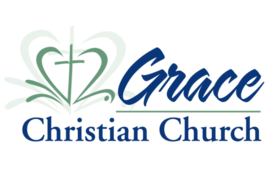This passage provides an in-depth guide on how to study the Bible, focusing on principles from Watchman Nee, the concept of revelation, and systematic methods such as meditative and inductive reading.
Key Takeaways:
1. Spiritual Reading of the Bible: Watchman Nee emphasizes that the Bible should be read using the spirit, not just human intellect. Since God is spirit, it requires a spiritual approach to fully grasp the words that are spiritually inspired.
2. Revelation:
•Definition: Revelation is uncovering what was previously unknown or making it known. Every believer has the capacity to receive revelations from God, since they are indwelt with the Holy Spirit.
•Obstacles: The first challenge is learning to listen to the Holy Spirit; the second is believing the revelations received.
•Spiritual Practices for Revelation:
1. Be still before God.
2. Listen actively, especially during prayer and Bible reading.
3. Ask God specific questions before studying Scripture.
4. Record revelations for later reflection.
3. Understanding the Bible Through Covenants:
•Old Covenant (Law): The system under the Law, which required achievement and human effort to gain God’s acceptance.
•New Covenant (Grace): A system where believers receive the fullness of God’s blessings through Christ, without relying on personal merit. Correct interpretation depends on discerning whether a passage speaks from the perspective of Law or Grace.
4. Meditative and Inductive Bible Study:
•Meditative: The process where Scripture (Logos) becomes personally spoken by the Holy Spirit (Rhema). Meditative reading allows the Spirit to reveal deeper meanings.
•Inductive: A systematic approach involving observation, interpretation, and application. By asking who, what, when, where, why, and how, inductive study uncovers insights, especially useful for doctrinal understanding and applying biblical truths to life.
Practical Steps to Study the Bible:
•Quiet the Mind: Ensure you are in a peaceful state to hear from the Holy Spirit.
•Seek Rhema: Ask the Holy Spirit to make the written word (Logos) come alive as a personal word (Rhema) to you.
•Use Tools Wisely: Bible study tools (translations, commentaries) can assist, but start with the Holy Spirit for revelation before turning to human insights.
This comprehensive approach integrates spiritual dependence with practical study methods to deepen understanding and application of biblical truths.


